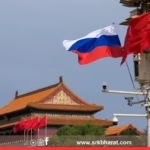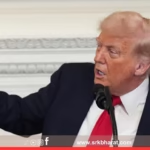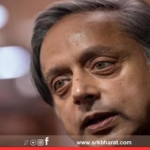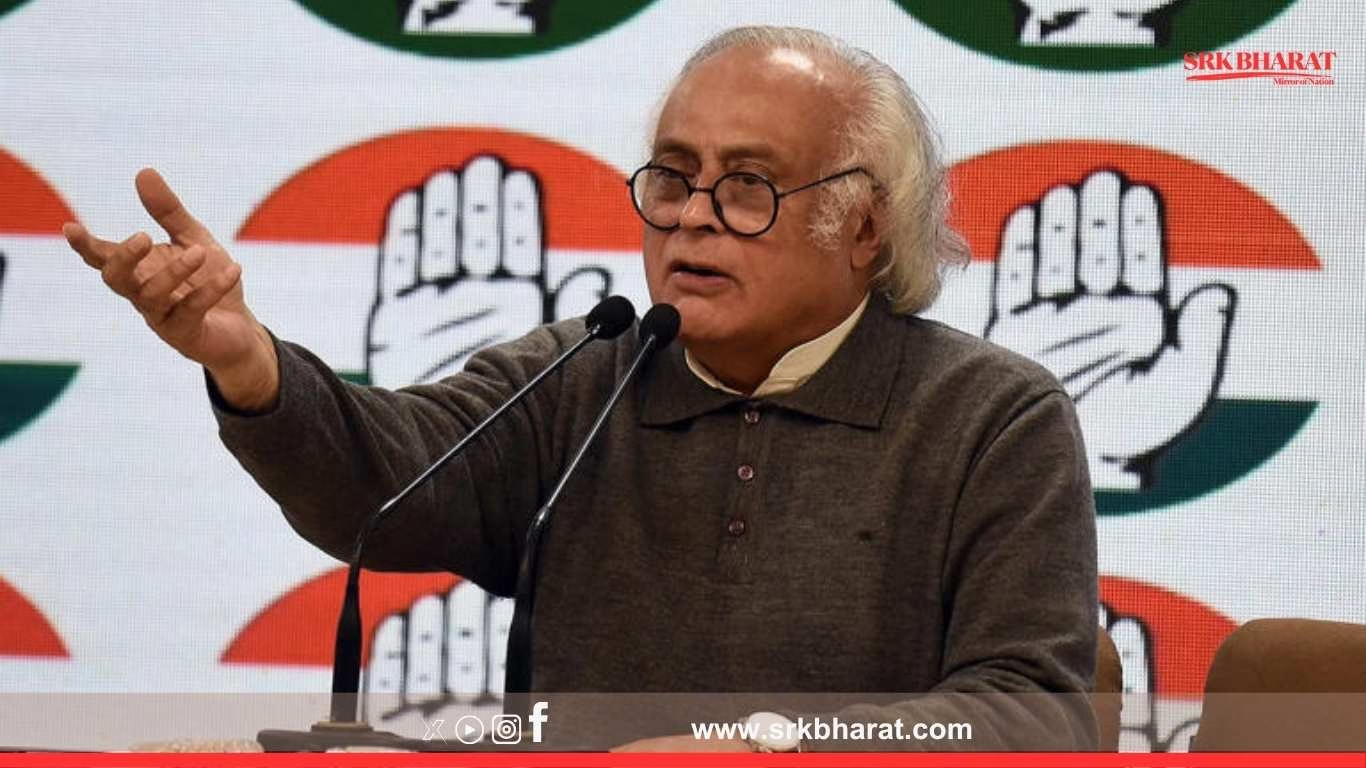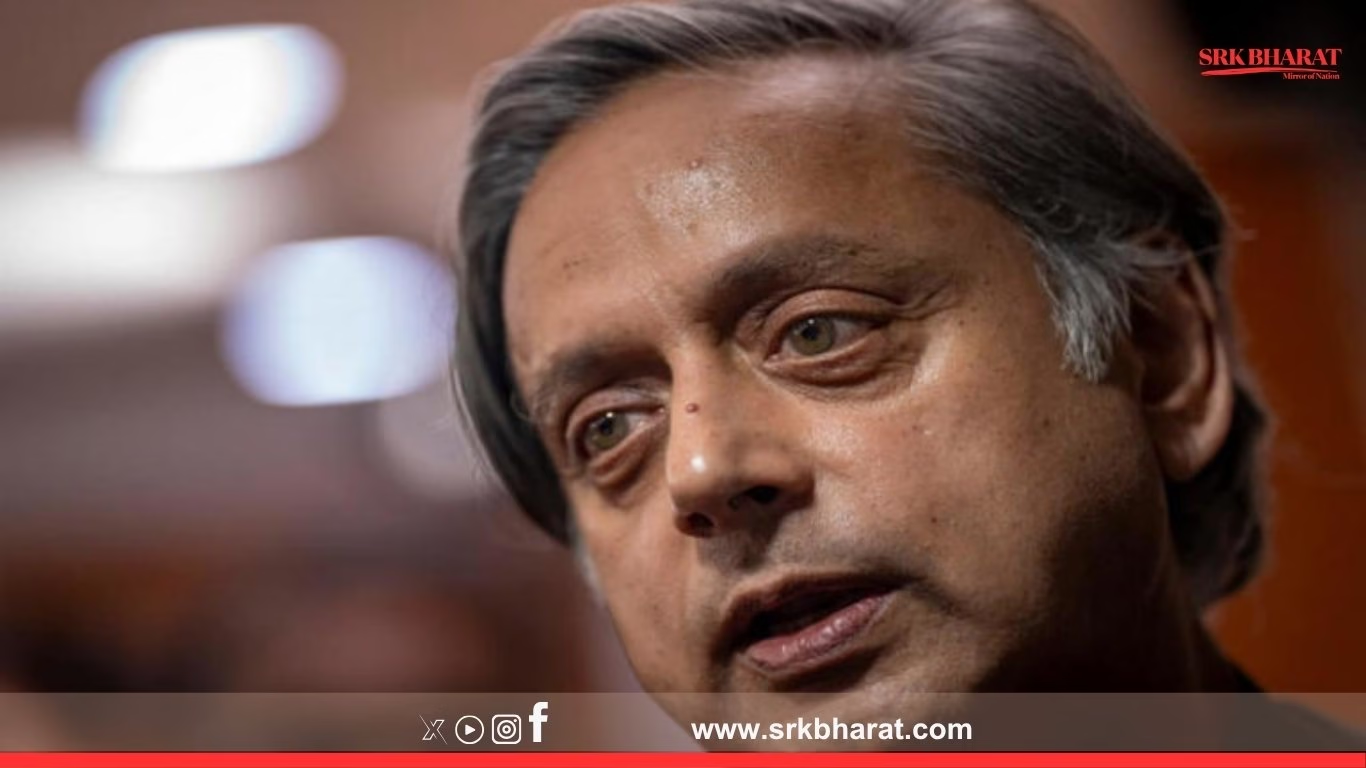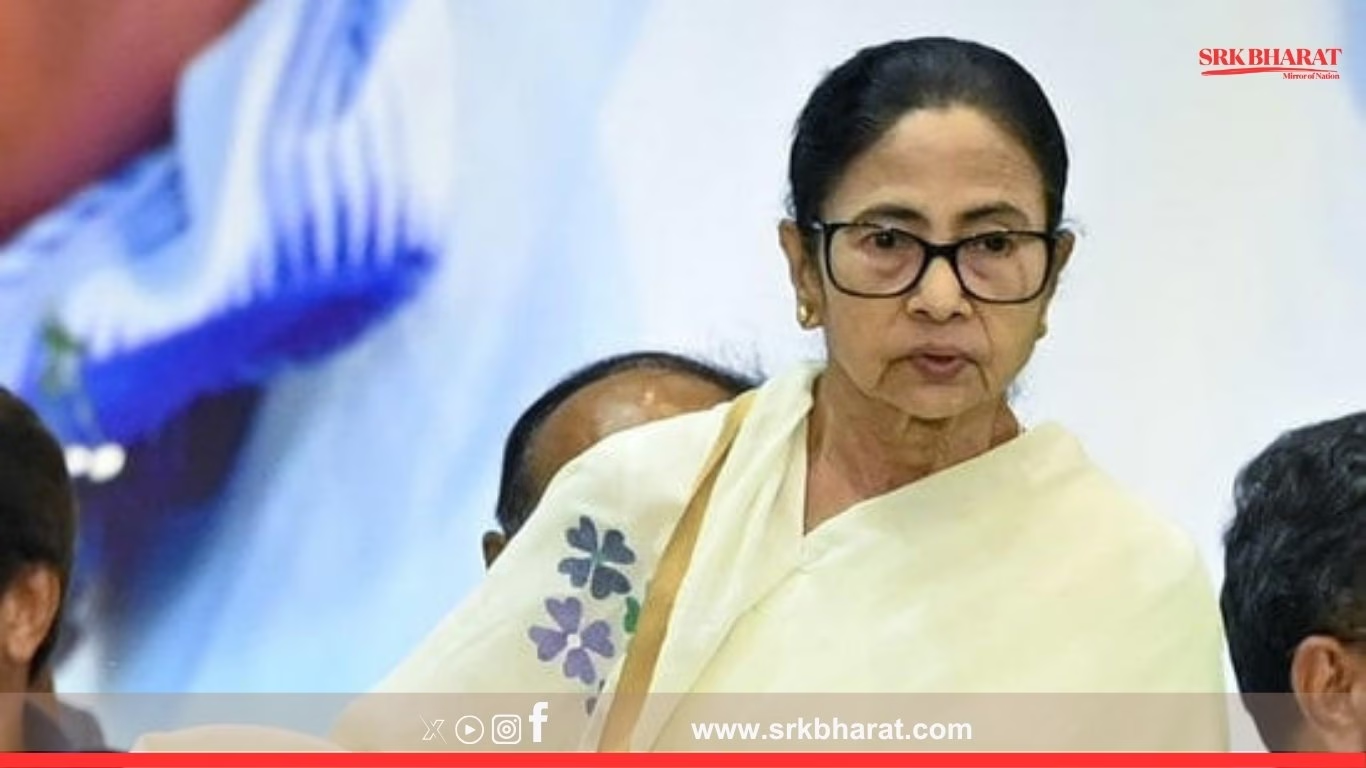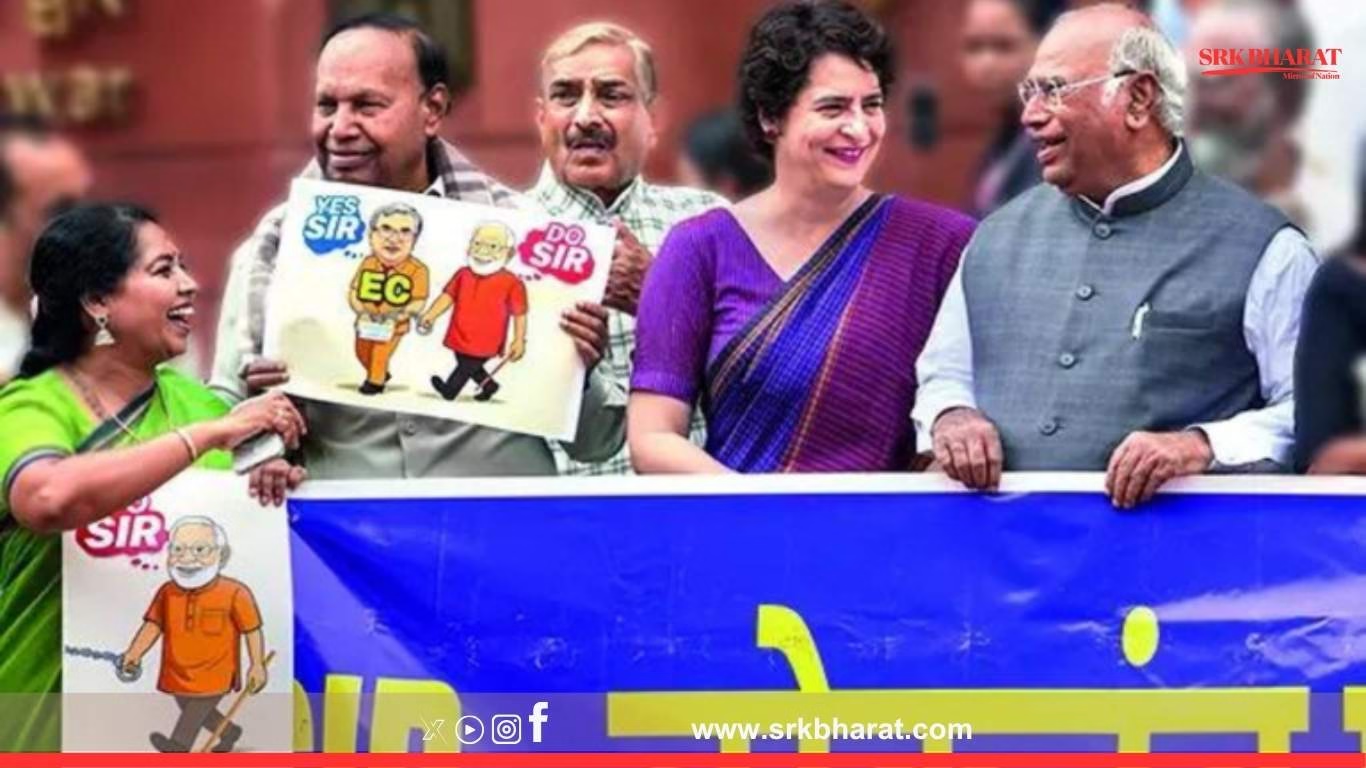In a strongly worded reaction, India’s principal opposition party, the Congress, on Tuesday criticised the recent nominations of former US President Donald Trump for the Nobel Peace Prize by Pakistan and Israel, terming many past Nobel selections as “bizarre choices” that have raised questions on the prize committee’s credibility over decades.
Context: Trump’s nomination by Pakistan and Israel
The nomination proposals emerged amid recent diplomatic developments:
- Pakistan’s nomination cited Trump’s “role in fostering regional peace initiatives and mediating talks in Afghanistan” during his presidency.
- Israel’s nomination reportedly focused on the Abraham Accords under Trump’s tenure, normalising Israel’s ties with UAE, Bahrain, Sudan, and Morocco, marking one of the most significant Middle East diplomatic shifts in decades.
Congress’ sharp remarks
Responding to media queries on the nominations, Congress spokesperson Supriya Shrinate stated:
“We have seen bizarre choices for the Nobel Peace Prize in the last century. Some selections have undermined the essence of peace itself. The recent nominations of former US President Donald Trump only continue that questionable tradition.”
Shrinate further added:
“Whether it was controversial selections in the past or this new nomination, it highlights how global institutions often need introspection to align with true humanitarian values.”
Historical controversies over Nobel Peace Prize
The Nobel Peace Prize, instituted in 1901, has often faced global criticism over its choices. Some debated selections include:
| Year | Recipient | Reason for criticism |
|---|---|---|
| 1973 | Henry Kissinger | Awarded for Vietnam ceasefire talks despite US military actions continuing; co-recipient Le Duc Tho declined it |
| 1994 | Yasser Arafat, Yitzhak Rabin, Shimon Peres | Critics claimed Middle East peace remained elusive despite Oslo Accords |
| 2009 | Barack Obama | Awarded within months of presidency; critics argued it was ‘premature’ |
| 2012 | European Union | Chosen amid economic crises, austerity, and migrant policy criticism |
| 2023 | Controversial global human rights organisation | Faced backlash for alleged internal governance violations |
Trump’s previous nominations and peace claims
This is not Trump’s first nomination. In 2020, a Norwegian parliamentarian nominated him for:
- Serbia-Kosovo economic normalisation agreement
- Abraham Accords
However, the Nobel Committee did not shortlist him then. Trump and his supporters have often projected these nominations as evidence of his global peacemaker credentials.
Expert analysis: Nobel’s evolving meaning
International relations experts argue the Nobel Peace Prize has undergone a transformation from its original humanitarian focus to increasingly becoming a geopolitical signal, often sparking controversy over:
- Selective acknowledgment of peace efforts by major powers.
- Overlooking grassroots peace activists, indigenous leaders, or victims’ groups.
- Political lobbying influencing nominations and selection processes.
Abraham Accords: A major diplomatic achievement?
While critics question Trump’s broader foreign policy, even opponents have admitted the Abraham Accords remain a landmark. The accords:
- Normalised diplomatic ties between Israel and four Arab nations.
- Reconfigured strategic dynamics in West Asia, though critics argue it sidelined the Palestinian question.
Congress links Nobel credibility to institutional trust
The Congress also linked the Nobel nomination issue to growing distrust of global institutions. Shrinate said:
“When international awards appear driven by politics rather than principle, they lose moral authority. This is true for UN bodies, financial institutions, and even peace awards.”
BJP’s reaction to Congress remarks
Responding to Congress’ statements, BJP spokesperson Gaurav Bhatia countered:
“Congress should introspect before questioning a respected global prize. Their own record on peace, particularly during the Emergency, Punjab insurgency, and Kashmir militancy era, remains questionable.”
International community divided
Global reactions to Trump’s nomination remain sharply divided:
- Supporters: Highlight his role in reducing tensions in West Asia and initiating North Korea talks.
- Critics: Cite the US withdrawal from the Iran nuclear deal, escalating tensions with China, and internal racial unrest during his presidency as counter-evidence to any peace-building credentials.
Nobel Peace Prize nomination process explained
| Step | Description |
|---|---|
| Eligibility to nominate | Includes national politicians, university professors, past laureates, peace organisations |
| Deadline | February 1 each year |
| Shortlisting | Nobel Committee reviews hundreds of nominations |
| Selection | Decision announced in October; prize awarded in December in Oslo |
Recent Indian winners and nominations
India has a proud history of Nobel Peace laureates, including:
- Mahatma Gandhi (nominated five times but never awarded)
- Mother Teresa (1979)
- Kailash Satyarthi (2014), for child rights activism
Indian leaders across political lines have long regarded the Peace Prize as a symbol of moral authority. Congress’ remarks thus reflect broader concerns about its global sanctity.
Broader implications
The Trump nomination controversy underscores:
- The polarised nature of global peace discourse.
- The perception that awards are increasingly politicised.
- The need to reaffirm the Nobel’s founding spirit of rewarding genuine humanitarian and reconciliation efforts.
Conclusion
The Congress’ sharp dismissal of Trump’s nomination as a continuation of “bizarre choices” in the Nobel’s history reignites debates on how international recognitions should remain independent of state power politics. As the Nobel Committee proceeds with its 2025 deliberations, the world watches whether its choices will reflect Alfred Nobel’s original vision or remain enmeshed in contemporary geopolitical contestations.
Disclaimer
This article is intended for informational and journalistic purposes only. It includes official statements, historical data, and analytical perspectives without endorsing any political entity or global institution. Readers are encouraged to consult multiple sources for a comprehensive understanding.



